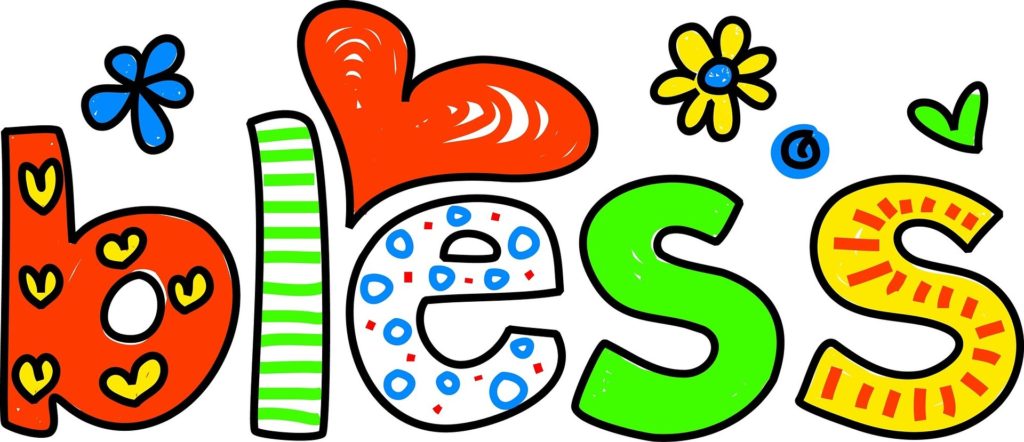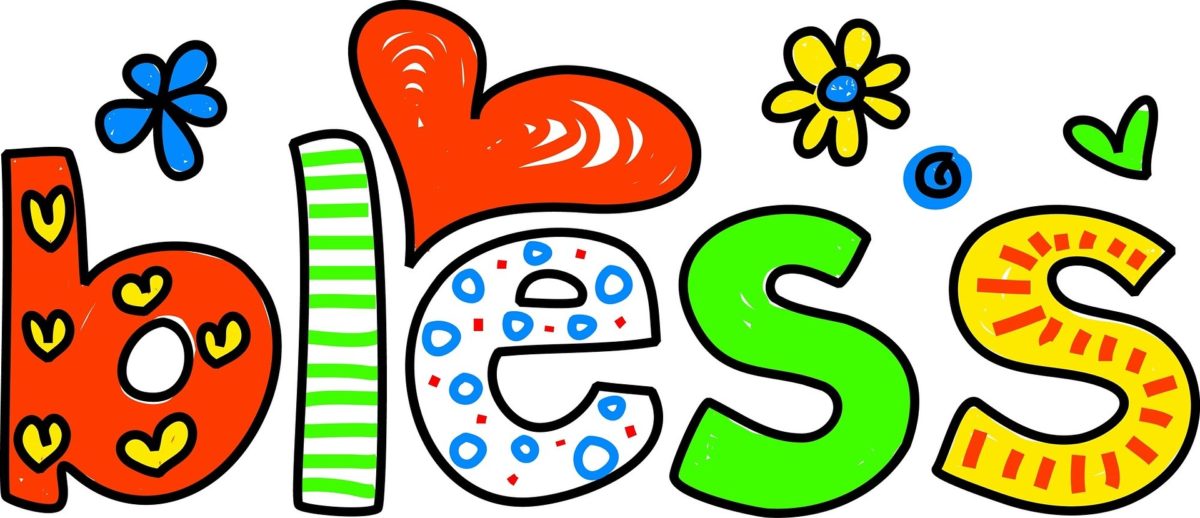
The Rabbis instituted the way – the formula – for reciting blessings. As they set out the formula for reciting blessings, it is important that we keep to their formula. If the formula is a long one – a lengthy blessing, then we must recite it that way. We may not shorten it and make it a short blessing. On the other hand, if a blessing is a short one, we may not lengthen it.
Perhaps herein lies a fundamental principal regarding the concept of mainstream Judaism, in that the Rabbis have set for us a particular path. It is not for us to shorten things just because it’s easier. Likewise, we shouldn’t lengthen things when that is not required either! We have already been given a direction, and ultimately we experience our uniqueness through the direction given to us from our teachers – even though it may seem that they taught these teachings thousands of years ago!
When it comes to the blessings that precede the Shema, we muse likewise keep them as they are – lengthy. However, blessings on food (before eating) are short. They may not be lengthened.
Our Gemara takes us onto another “side-street” as it details another problem regarding having started the morning blessing with the morning’s wording and then conclude with the evening blessing words, one will not fulfill one’s obligation – because blessings follow their conclusions and this conclusion is not correct for the morning blessing. Likewise for the evening blessing, if one started it correctly, but concluded it with the morning blessing words, one does not fulfill one’s obligation either. Again – it’s important to keep things in the order they were given. But be that as it may – it is the conclusion that will determine whether one has fulfilled one’s obligation or not… Perhaps there is a deeper message to this? Listen in to the Shiur to find out!
The Gemara continues on the theme of prayer. But we now move into the Amidah – the Shemoneh Esrei – the Eighteen Blessings Prayer which we recite three times a day. The Talmud tells us that there is a way to bow down to God at certain times of the prayer. We do this by bending our knees when we recite “Baruch”, then tipping our head downwards as we lower our backs down to the ground in a forward position as we recite the word “Attah” and thereafter raise our heads as we recite the Name of God. The Gemara details the way to bow.
We then switch to learning some laws about praying during the days starting from Rosh HaShanah to Yom Kippur. Here we are told that when reciting two of the blessings, we change the wording. Instead of reciting the regular Ha-El HaKadosh, we recite HaMalech HaKadosh (the holy King) and likewise instead of reciting melech oheiv tzedakah u’mishpat, we recit HaMelech HaMishpat. If one does not recite HaMelech HaKadosh, one must repeat the entire Shemoneh Esrei.
Doing an “about-face” the Gemara switches again to another new topic. This time, it is about praying for another person. A great principle of life, kindness and correct behaviour is highlighted. Those who have the ability to, should pray for others so that it be well for them. Is there anything so hard about this that we don’t do it?! Surely we can all do so for each other?!


